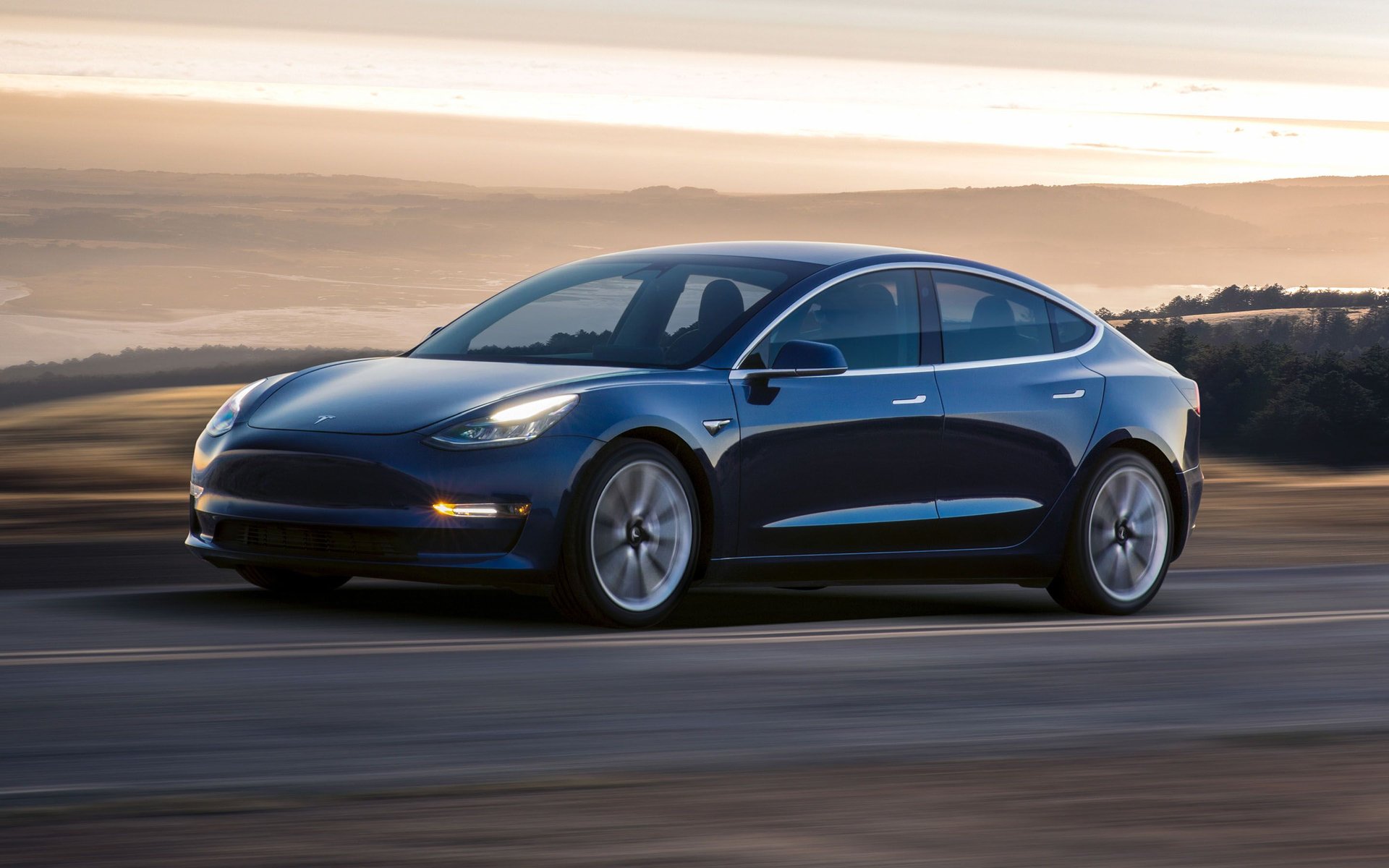Consumer Reports won’t recommend Tesla’s Model 3 after giving the Model S a perfect score
Consumer Reports couldn’t say enough good things about the Tesla Model S. When it reviewed the electric vehicle in 2015, it scored a 103 out of 100, forcing the magazine to revamp its ratings scale.


Consumer Reports couldn’t say enough good things about the Tesla Model S. When it reviewed the electric vehicle in 2015, it scored a 103 out of 100, forcing the magazine to revamp its ratings scale.
This year, Tesla’s Model 3 didn’t make the grade.
On May 21, Consumer Reports released its review. While test drivers praised the car’s speed (“reminiscent of a Porsche 917 Boxster”) and range (a record 350 miles), when it came to braking, Consumer Reports stopped short (and the car didn’t). “These problems keep the Model 3 from earning a Consumer Reports recommendation,” the magazine states.
Stopping distances after decelerating from 60-0 mph were found to be longer than comparable vehicles: 152 feet compared to the average of 131 feet for other luxury compact sedans (and 7 feet more than the stopping distance of a Ford F-150 full-sized pickup). Other reviewers reported similar issues. “I’ve been testing cars for 11 years,” Car and Driver testing director K.C. Colwell told Consumer Reports, “and in 11 years, no car has stood out with inconsistent braking like this. Some trucks have…It was just weird.”
Tesla responded by email saying that it tested braking distances of 133 feet (and as short as 126 feet) when conducting the 60-0 mph test. “Stopping distance results are affected by variables such as road surface, weather conditions, tire temperature, brake conditioning, outside temperature, and past driving behavior that may have affected the brake system,” Tesla wrote by email. “Unlike other vehicles, Tesla is uniquely positioned to address more corner cases over time through over-the-air software updates, and it continually does so to improve factors such as stopping distance.”
Consumer Reports also dinged Tesla for unwieldy controls. While Tesla has placed a premium on consolidating all the controls through a touchscreen, testers complained that the interface (and lack of any dials or switches) forced users to do many things with multiple steps. That meant more time looking away from the road to accomplish even simple tasks, said Consumer Reports.
It’s unclear how much this will affect Model 3 sales. Tesla CEO Elon Musk’s dreams of mass production –and solvency–rely on producing hundreds of thousands of the $35,000 (base model) cars, and consumers enthusiastic about buying them. Tesla has reported 455,000 reservations for the car since last August